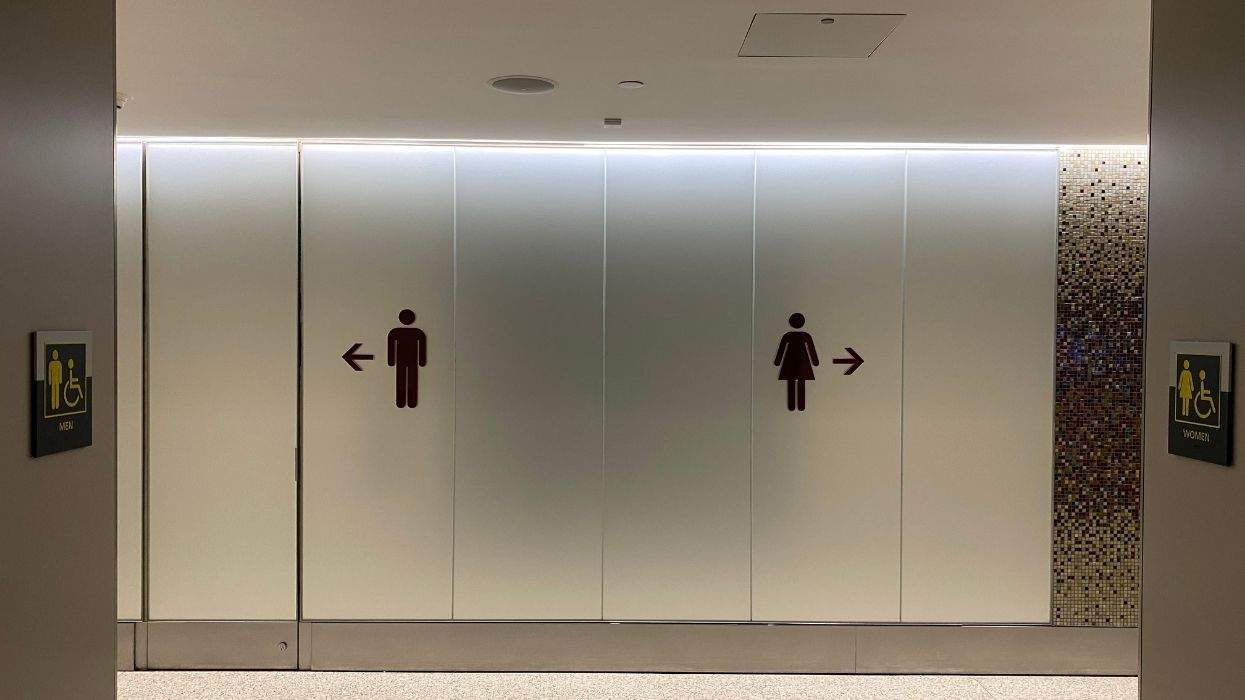Two former Dell employees allege the major tech company discriminated against them based on gender identity.
The company, meanwhile, has denied liability in a similar case but settled for a six-figure amount, according to NPR.
Helen Harris, who is gender-nonconforming, and Cecilia Gilbert, a trans woman, both said they faced barriers to advancement at work.
Both now have pending claims with New York City's Commission on Human Rights.
Gilbert, a former systems engineer with Dell, was fired in the middle of her transition. That came after another trans employee had advised her to stay in the closet, saying "Don't tell these people that you're transgender. It's a career ender."
By Gilbert's telling, bosses specifically cited her ongoing transition as a problem.
"They said, 'We're laying you off because your transgender transition is impeding your ability to travel,'" Gilbert told NPR.
Officials at Dell say that's not true and that Gilbert was laid off at the same time as hundreds of others as part of a restructuring.
But Helen Harris said she worked at the company for three years and was kept in extensive training while being mocked for her appearance. Harris started taking hormones in 2015 to become more masculine, she said.
Dell and Harris ultimately parted ways amicably, according to the company, though Harris's interview with NPR indicates hard feelings remain.
NPR journalists spoke with Gilbert and Harris's coworkers, who said both faced difficulties at Dell because of their gender identity.
Dell separately settled a discrimination case with a different trans employee in Massachusetts, as reported by the Boston Business Journal.
The company paid $60,000 to the employee and donated $25,000 each to two nonprofits, as well as agreeing to submit all diversity policies to the state for review.















Charlie Kirk DID say stoning gay people was the 'perfect law' — and these other heinous quotes
These are some of his worst comments about LGBTQ+ people made by Charlie Kirk.